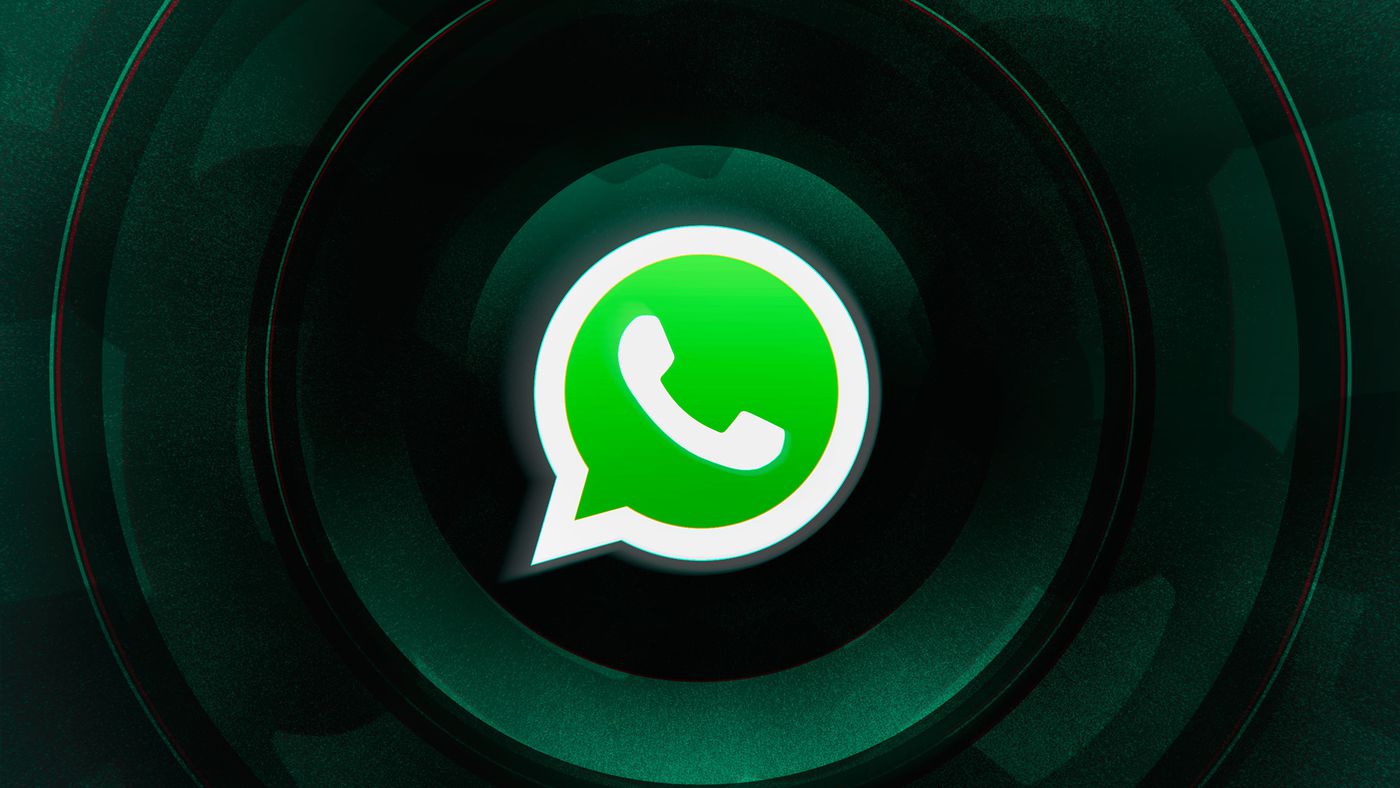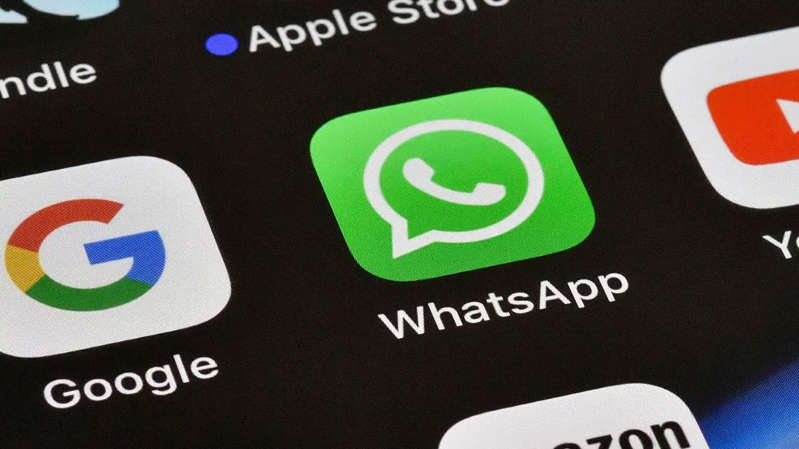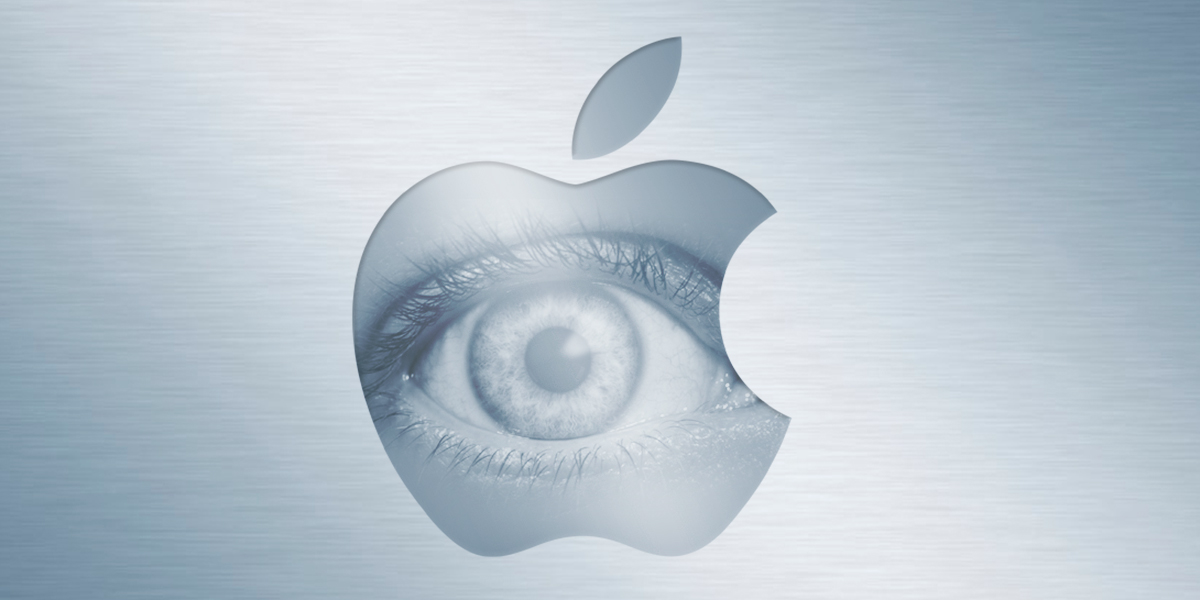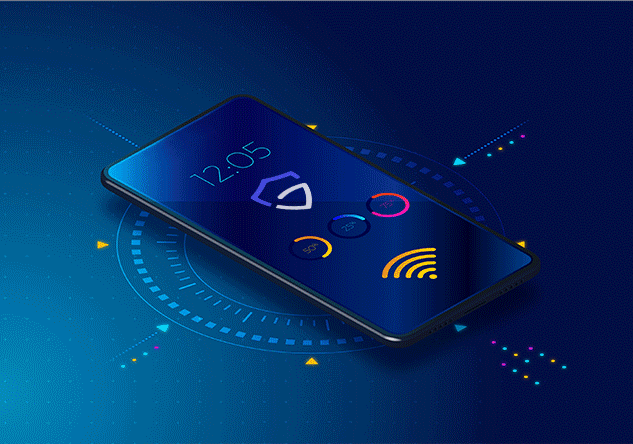It’s no secret that technology companies frequently collect user data for marketing purposes. This has been happening for years across various platforms such as Facebook, Instagram, and WhatsApp. It makes sense, to a certain extent. After all, through properly leveraging user data, advertisers can show users things that are more interesting to them rather than products they have no use for.
For the most part, users accept that some of their data will be shared when they elect to use social media platforms and similar apps. However, there are times when tech companies abuse this ability and violate privacy laws. In these cases, users often become concerned about invasions of privacy and misuse of what they assumed was personal information.
The WhatsApp Fine
In the past few months, the European Union decided to pursue a lawsuit against WhatsApp for alleged privacy violations. The EU contends that WhatsApp has not been adhering to The General Data Protection Regulation (GDPR) law. The GDPR law essentially serves to protect internet users from tech companies who extract an inappropriate amount of personal information.
Specifically, WhatsApp was fined 267 million dollars by the EU.
Major Elements of GDPR Law
There are a number of rules included within the GDPR law:
- Opt-In Requirements. The GDPR requires tech companies to utilize an ‘Opt-in” feature rather than an “Opt-out” feature. Many apps and other tech platforms do not adhere to this model and instead force users to opt-out of having their data collected.
- Transparency and Consent. Under GDPR law, consent has to be obvious. When users agree to have their data collected by the app or company in question, this consent shouldn’t be veiled under a subsection of a long contract. These contracts are hard to navigate and even harder to interpret. Users have a right to know what they are consenting to when they use a certain platform.
- Data Storage and Usage. While there is some wiggle room, the GDPR requires companies to only collect a “minimum amount of data.” Essentially, there is a limit to the amount of data that can be harvested. Taking more than this legal amount violates GDPR law.
- Data Sharing with Other Tech Companies. The sharing of user data with other tech companies is prohibited under GDPR law. Unless, of course, the user consents to this sharing of data and is able to understand what exactly he or she is consenting to.
How WhatsApp Violated GDPR
The EU’s gripe with WhatsApp deals with the company’s handling of user data. In particular, WhatsApp is being fined for inappropriately harvesting and sharing user data with Facebook.
Furthermore, WhatsApp went as far as to threaten their loyal users with being removed from the platform if they did not agree to having their data collected and shared with Facebook. This change in policy turned out to be more troubling than it seemed at first glance. Some digging into WhatsApp operations demonstrated that the company had already been sharing plenty of data with Facebook for many years up to this announcement. This change in policy was simply an expansion of the already existing data sharing practices.
Throughout all of the proceedings thus far, WhatsApp has defended its policies and decisions regarding user data. The company claims that they always have, and always will, maintain an app that emphasizes user security and data protection. They feel that everything they are doing is in no way a violation of user privacy.
Previous GDPR Violations and Privacy Issues with Big Tech
Even though the EU can’t catch every violation of GDPR, there have been other high-profile violations of the law in recent years. For example, industry giants Amazon and Google have both faced fines for GDPR violation and had to pay millions to settle the cases.
Further, there have literally been thousands of complaints about GDPR violations which are backlogged and waiting to be addressed. High profile cases like WhatsApp, Amazon, and Google will always make headlines, but other smaller companies have committed egregious privacy violations as well.
EU laws aside, one can also find constant evidence of big tech’s privacy violations through congressional testimony by Facebook, Twitter, and Google executives. It seems like these individuals are defending some new change in policy or privacy violation every few months.
Appropriately addressing these cases is a process that involves potentially years of research, legal proceedings, and appeals.
Are there Better Secure Messaging Options on the Market?
The big players in the “secure” messaging field have a lot of power at the moment. These platforms have millions of users and tons of money, which gives more weight to every decision they make. If users are looking for a secure messaging service that will never compromise their security, WhatsApp, Facebook messenger, and similar apps are not the services to choose. These companies have slowly but surely extended their policies on data collection, and will doubtless continue to do so over time.
No matter what they promise, their actions have clearly shown that they are less committed to user security than they are to improving the profitability of their company. The massive amount of money they rake in every year from advertisers who buy user data does not provide a compelling argument for them to change their data collection practices. In the end, if the shareholders in these big companies make more money: they believe that they have done their jobs well.
But for those who feel desperate and as if they have no other option to use for their messaging service, it’s important to remember that there are still companies who are completely dedicated to maintaining user privacy.
Ghost is a secure, fully encrypted messaging service that will never compromise user data. Ghost uses multiple different methods to ensure that no user is ever left wondering whether or not their data will be used for nefarious or marketing purposes. With features like remote wipe and secure passwords, no one can ever access your data and messages if you don’t want them to.










